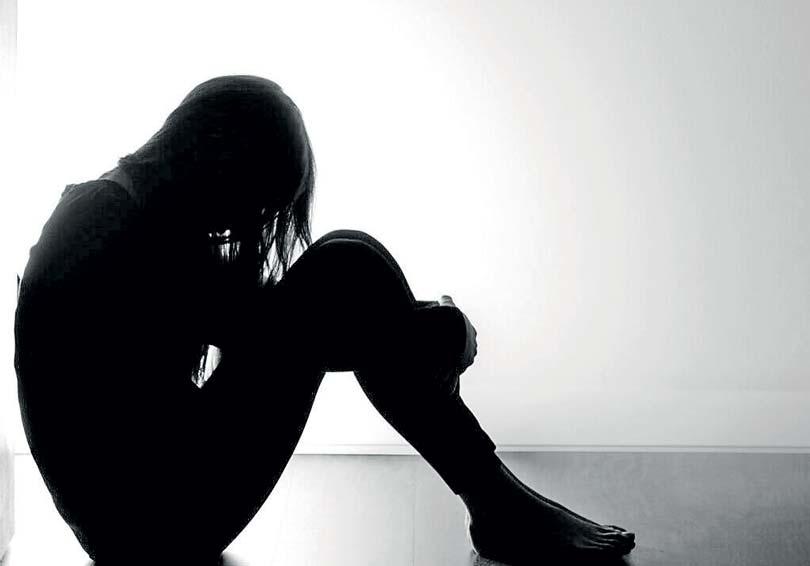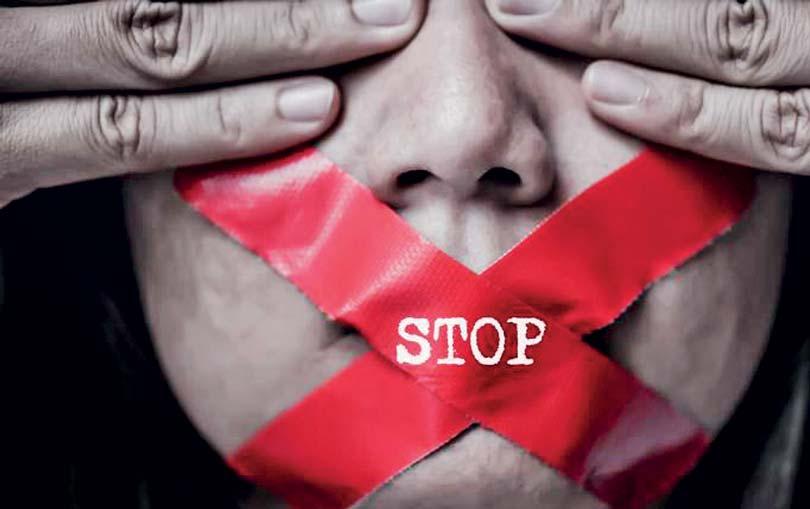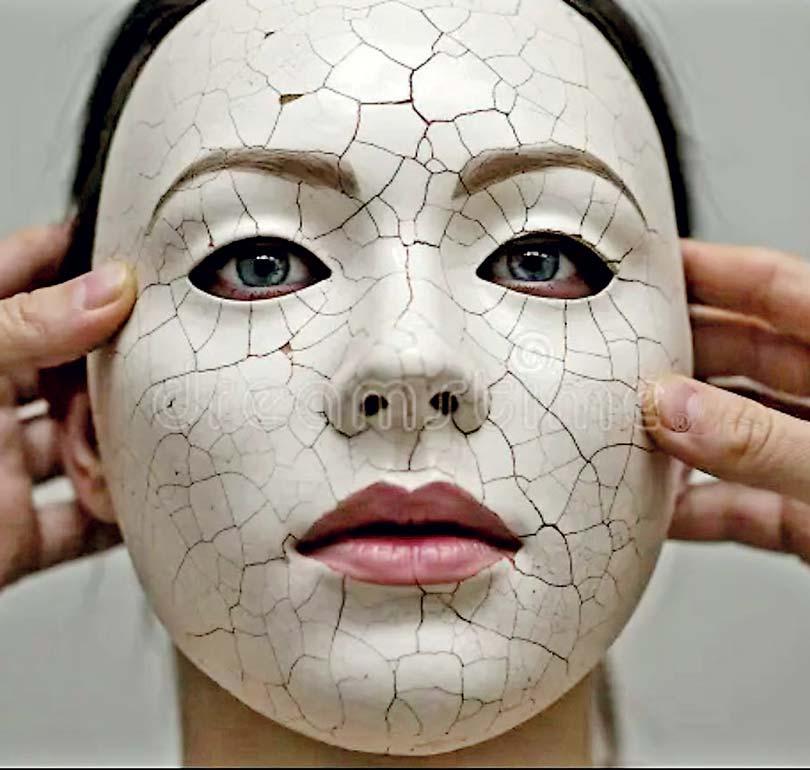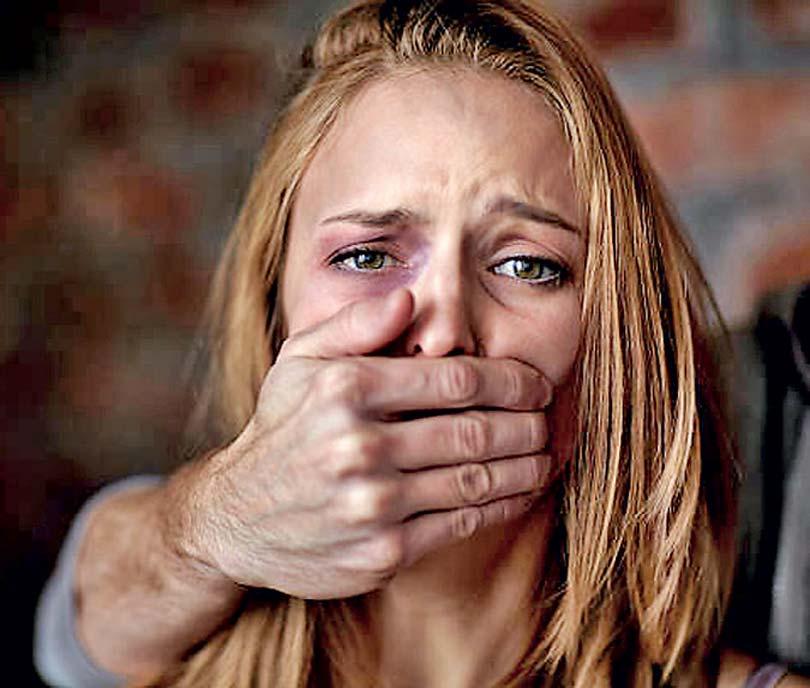




From a young age, Sri Lankans are taught to prioritize reputation over resolution. "What will people say?" becomes the yardstick by which decisions are made.
In trying to protect "our own," we often protect the abuser. Schools hush up cases of teacher misconduct. Religious institutions shuffle around predatory priests.
In Sri Lanka, silence is often mistaken for strength. Victims of abuse are expected to endure in quiet dignity, because speaking up is seen as shameful, disruptive, or worse, selfish. The social fabric is held together by an unspoken pact: we do not air our dirty laundry, even when it reeks of pain. We keep the family name clean, even if it costs someone their sanity, safety, or life. Gender-based violence (GBV) in Sri Lanka is not just a statistic, it’s a social epidemic, tucked beneath layers of tradition, patriarchy, and collective denial. Women, girls, and even men who suffer abuse are often silenced not by the lack of laws, but by the weight of cultural expectations and the infamous "ape eka" mentality.
The Culture of Endurance
From a young age, Sri Lankans are taught to prioritize reputation over resolution. "What will people say?" becomes the yardstick by which decisions are made. A girl who speaks out against a relative’s inappropriate touch is told to stay quiet to avoid bringing disgrace to the family. A wife who endures domestic violence is praised for being patient, for not breaking the home. Silence is rewarded. Truth is punished. This culture of endurance isn’t rooted in resilience, it’s rooted in fear. Fear of shame. Fear of isolation. Fear of not being believed.
The "Ape Eka" Trap
The phrase "ape eka" translates to "our own" or "one of ours." It is a sentiment that implies unity, loyalty, and protection. But when it comes to abuse, this same phrase becomes a shield for perpetrators and a gag for victims.
- "Don’t ruin his future, he’s one of us."
- "This is a family matter, let’s not take it outside."
- "You know how he is, just ignore it."
In trying to protect "our own," we often protect the abuser. Schools hush up cases of teacher misconduct. Religious institutions shuffle around predatory priests. Communities ostracize the girl who speaks up, not the man who violated her. This twisted loyalty enables cycles of abuse to continue, unchecked and unchallenged.
When the System Reflects the Culture
One might think, "Why not go to the police?" But the system itself mirrors the very culture it is supposed to challenge. Survivors who report abuse often face secondary victimization. They are interrogated, blamed, or asked inappropriate questions. In courtrooms, they are made to relive their trauma while the accused receives the benefit of doubt.
There are laws in place, like the Prevention of Domestic Violence Act and child protection frameworks. But laws mean little without enforcement. Victim protection is weak. Counseling is scarce. Support systems are overburdened and underfunded. And so, the silence continues.
The Cost of Speaking Up
The Cost of Speaking Up
For those who do break the silence, the price is high. Families turn their backs. Communities whisper. Social media becomes a battleground of victim-blaming. Survivors are forced to "prove" their trauma, while perpetrators hide behind connections, status, or simply the benefit of being a man in a patriarchal society. A teenager who reports sexual abuse might be pulled out of school for "safety," while the abuser remains in class. A woman who files a domestic violence complaint may be forced to reconcile for the sake of her children. Justice, even when served, is rarely clean or cathartic.
The Emotional Toll
Beyond the legal and social battles lies the internal war. Survivors carry guilt, confusion, and shame. They question their own experiences. "Was it really that bad?" "Did I lead him on?" "Maybe I’m overreacting." This emotional erosion is often more brutal than the abuse itself. It eats away at confidence, self-worth, and hope. Mental health support is sorely lacking, especially in rural areas. Most survivors suffer in silence, even after speaking up.
Breaking the Cycle
So how do we move from silence to solidarity?
Start with Education: Normalize conversations about consent, abuse, and boundaries in schools. Let children know that they can speak up without fear.
Empower Survivors, Not Saviors: Support survivors in telling their stories on their terms. They don’t need rescuing; they need respect and resources.
Hold Institutions Accountable: Whether it’s a school, temple, workplace, or family, abuse should never be swept under the rug. Investigate. Intervene. Take sides, with the victim.
Improve Reporting Mechanisms: Train police, judiciary, and healthcare workers in trauma-informed approaches. Make it easier, not harder, to seek justice.
End the Stigma: Stop treating victims like scandals. Start treating them like humans.
Silence may keep the peace on the surface, but it creates chaos beneath. Every time we choose silence over justice; we choose the abuser over the abused. We choose reputation over reality. We choose to perpetuate pain. Victims in Sri Lanka are not weak. They are not attention-seekers. They are not broken. They are survivors in a society that makes surviving feel like a sin.
It is time we stop asking, "Why didn’t she speak up?" and start asking, "What made her feel unsafe to speak in the first place?" Because the price of silence is far too high, and we’ve already paid in generations of unspoken suffering.











